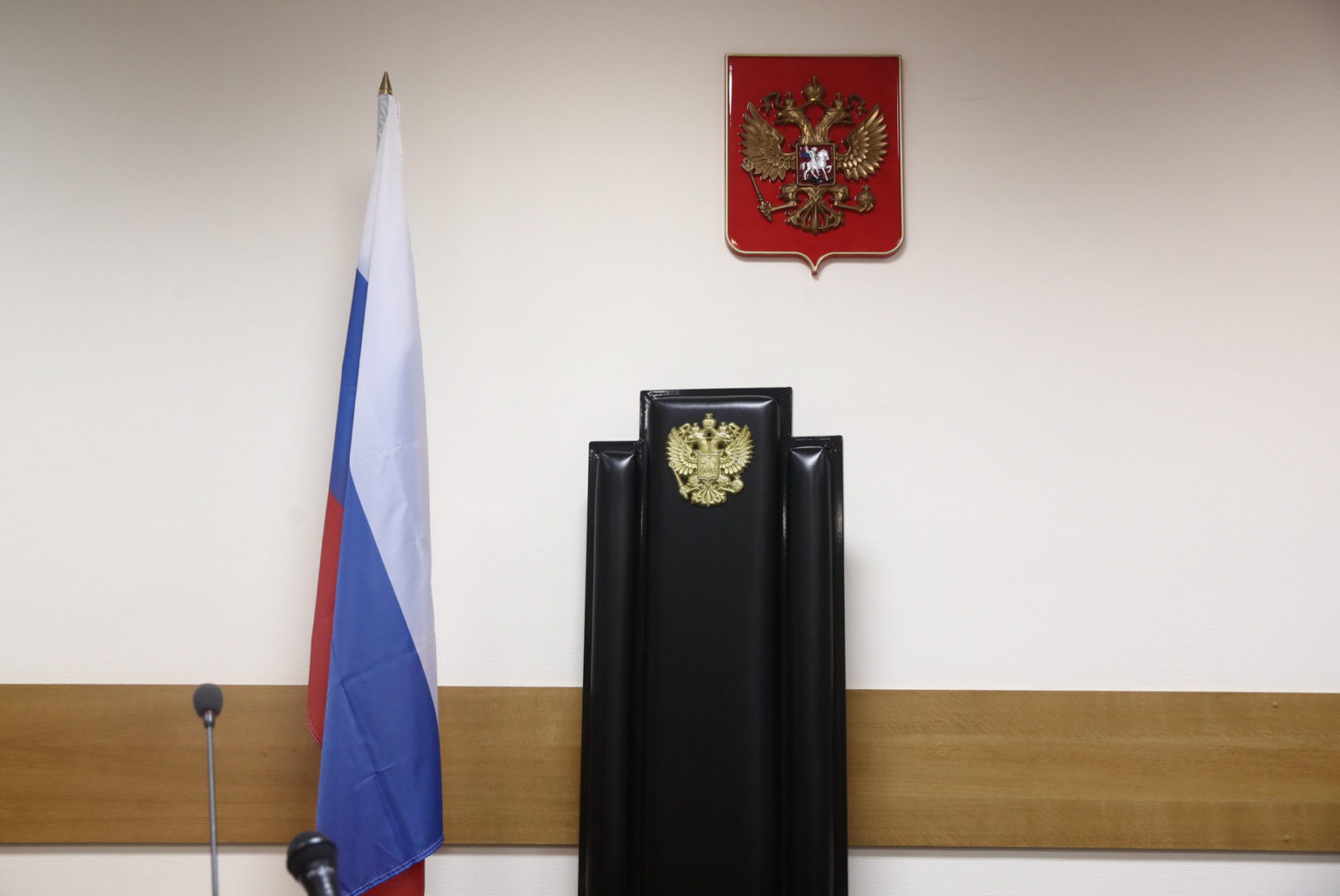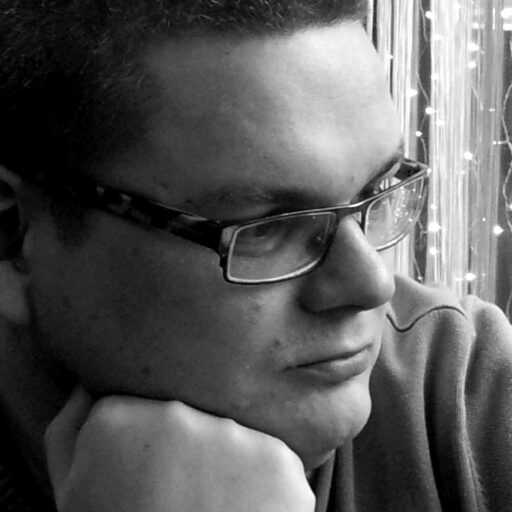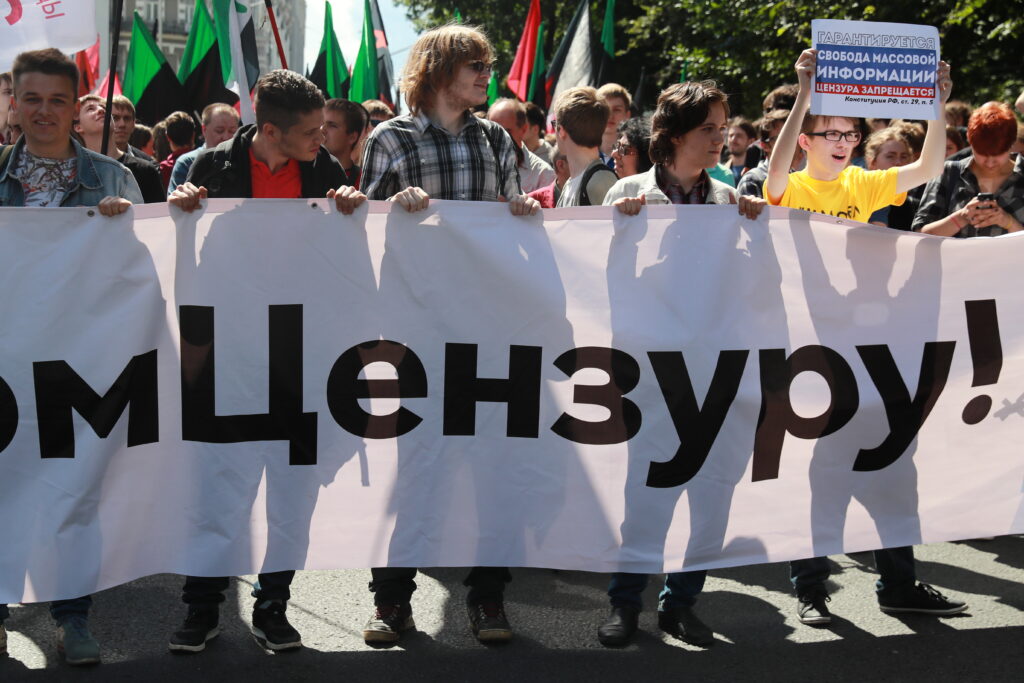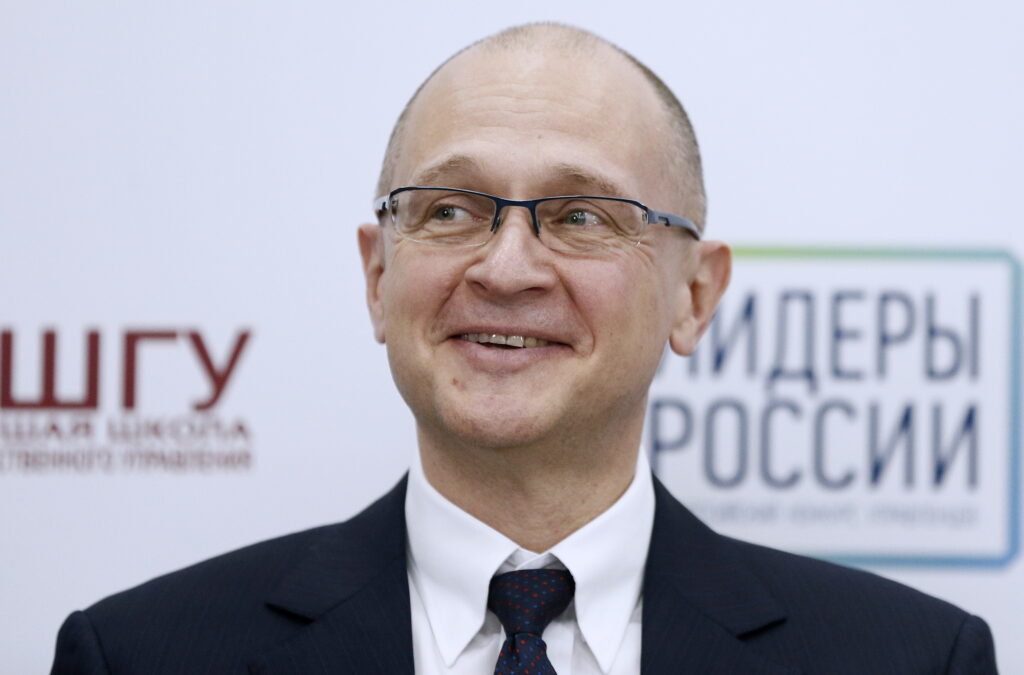– Dad, will elections change anything in Russia?
– No, son, they will not.
– Why?
– Because if you put a cherry on a pile of shit, a pile of shit will not become a cake
That joke may sound rude and unpleasant. But at least safe from prosecution? It seems not. Eduard Nikitin is now on trial after publishing this joke on his Vkontakte social media page. Nikitin also posted caricatures on vatniki (state uber-patriots) in Saint Petersburg. The prosecution is not demanding a jail sentence for Nikitin. Rather, it is calling for compulsory psychiatric treatment.
It feels like a movie where the protagonist goes back in time, or like reading the memoirs of a Soviet dissident. A trial for a joke; the triumph of punitive psychiatry; a portrait of an eternal secretary general on the wall of the office of the investigator. Yet this is happening in 2018. The news about criminal cases for shared posts on social media appear daily on news agencies and specialized websites.
Not only “Novoe Velichie”
The biggest of such stories is the case of “Novoe Velichie”(New Greatness). This is where a police provocateur created an “extremist organization” from scratch. (Some sources call this policeman a member of the FSB security service.) At first, this “organizer” lured in several politically disenchanted people of different ages to take part in chat rooms. Then coaxed their opinions out of them with talk of politics. Finally, the officer drafted a bogus “manifesto” – a key document for the prosecution. The manifesto was written with professional precision. None of the participants in the organization could get away from the most serious accusations. These included preparing for the overthrow of the government.
After these arrests, various human rights defenders started making inquiries via social media. Who where these people under arrest? What did their group stand for? In real world of Russian opposition politics, no one knew anything about the “Novoe Velichie”.
One of the “extremists” was Anna Pavlikova. At the time of her arrest, she was a minor. The court refused to change the measure of restraint for house arrest twice. Even after she fell ill in the pretrial detention center. A “March of Mothers” came to the rescue. This was a protest rally staged in the center of Moscow. Only then did Pavlikova, along with one more defendant of the case, Maria Dubovik, get from the detention center back home. But this is just a tactical retreat of the prosecution before the decisive blow. The “evidence” has already been pre-cooked. The testimonies of the operatives working under cover, including the real creator of the organization whose name is not revealed, have been filed. What’s coming is an unavoidable guilty verdict. To everyone who is familiar with the work of Russia’s judicial system, it is clear that there is no hope for a verdict of not guilty. The best success for the accused will be a suspended sentence.
This is the biggest story of its kind. But not the only one by any count. Bottom line? The police do not even need provocateurs or special operations to mass produce charges against social media reposts or memes. There are enough laws against dissent, which are abundant in the Criminal Code. The only thing they need is access to the Internet.
The city of Barnaul, for example, has become infamous in Russia for a mass hunt of local social media users who like to joke online. The city administration even has professional complainants. Two students of the local branch of RANEPA, future lawyers, have sought out “seditious” content on social media there. Both have written complaints to the police. The downside is they have had to pay for their success. They were hounded on social media. These students, Daria Isaayenko and Anastasia Bitner, even applied for state protection.
In Novokuznetsk, a case was brought against a teenager who “rehabilitated Nazism” on social media. According to prosecutors he spread “knowingly false information about the activities of the USSR during the war.” He then is accused of showing “his page to friends.” In Ulyanovsk, investigators are looking for wrongdoers who allegedly posted a portrait online of Governor Sergei Morozov. The portrait was adorned with a Hitler moustache. They have not yet been caught.
In Moscow, the composer Mikhail Orlov was accused under the article “knowingly false report on the terrorist act”. He did not even have to go online. He shouted to the builders who were making noise under the windows of his apartment: “I’ll blow it all to hell!”
The list could go on. But it is enough to understand how diverse today’s cases of thought crimes are on the Internet.
Unsystematic terror
There is a set of understandable and unpleasant answers to the question of “Why does this happen at all?”. Some argue these acts of intimidation are designed to mollify Russia’s discontents. After all, it is no accident the accused are young people. This demographic is the lifeblood for opposition figures like Alexei Navalny.
Reasonable? Perhaps. But it is not consistent with the facts. There is no system behind the flow of absurd accusations and trials. Police provocations and absurd accusations are more anger-inducing than fearful. The young get accused more often because there are more young people on the Internet. But this does not mean that older people are safe. In Tolyatti, for example, pensioner Lyubov Kuzaeva is standing trial for extremism. She also made a Vkontakte post that went too far.
Vkontakte gives investigators any information about their users on first demand. Recently it turned out that Russia’s social media giant sends information even if the case is not yet open. There were then calls to shut down accounts on Vkontakte. And those appeals found a response: the network closed down its statistics, its top managers quite ridiculously fight their critics on other social media channels, in particular, on Twitter, reminding for some reason of the horrors of the 1917 revolution, when the “ineffective work of the secret police” failed to save the country. The Mail.Ru Group, which owns Vkontakte, also sent a timid request to the Duma to decriminalize user activity on social media and to rehabilitate former convicts. As a token gesture, the speaker of Parliament Vyacheslav Volodin handed the petition to the experts.
Nothing is known so far about their reaction. But what we do know is that at the very top they worry (or are puzzled) by what is happening. During the last “direct line” with the president, Deputy Sergei Shargunov raised the topic of the sentences for social media posts. Putin, who cannot be called an advanced Internet user, may not have fully understood what he was talking about. But he called for an end to “absurdity” with those cases. Shargunov introduced a bill in the Duma on partial decriminalization of one of the articles of the Criminal Code. So far his proposal has not been considered. Presidential spokesman Dmitry Peskov, answering the question about the resonant “anti-extremist” cases of recent times, also agreed that “there are some cases that go beyond the reasonable”.
Hunters and their prey
From the very beginning of the 2000s the state multiplied punitive laws that allow punishment for words and thoughts. It always served a tactical task – to deal with Russian nationalists, for example (it lead to the introduction of articles of the Criminal Code “for inciting hatred” and “for extremism”), or at least retrospectively justify cruelty towards the members of Pussy Riot (the article “for insulting the feelings of believers”). When it became necessary to restrict debates on the status of Crimea, an article appeared restricting strong views related to the country’s territorial integrity.
The central government invented these laws itself. Now it has driven itself into a trap of its own arbitrariness. But this is a legalized arbitrariness. Any attempt to stop it without repealing punitive laws is a lawless arbitrariness. Every such case has evidential base: screenshots with memes and expert conclusions. There is already a cohort of psychologists, linguists and religious scholars who did not find themselves in science but have learned to detect extremism in literally any picture and every word. There are also court decisions.
The only natural solution? Repeal all punitive laws. But this means admitting that all the hysteria of recent years, the eternal search for threats and enemies, was ridiculous. This, of course, is no option.
So it turns out that the center does not have the means to control the legalized arbitrariness of the siloviki on the ground. As for society, there is only one means of protection. It doesn’t even work all the time, but it is possible to maximize the noise around every absurd case. It is possible to shine a light on every sentence that cripples the lives of Russian citizens. And to do so as well with memes.










